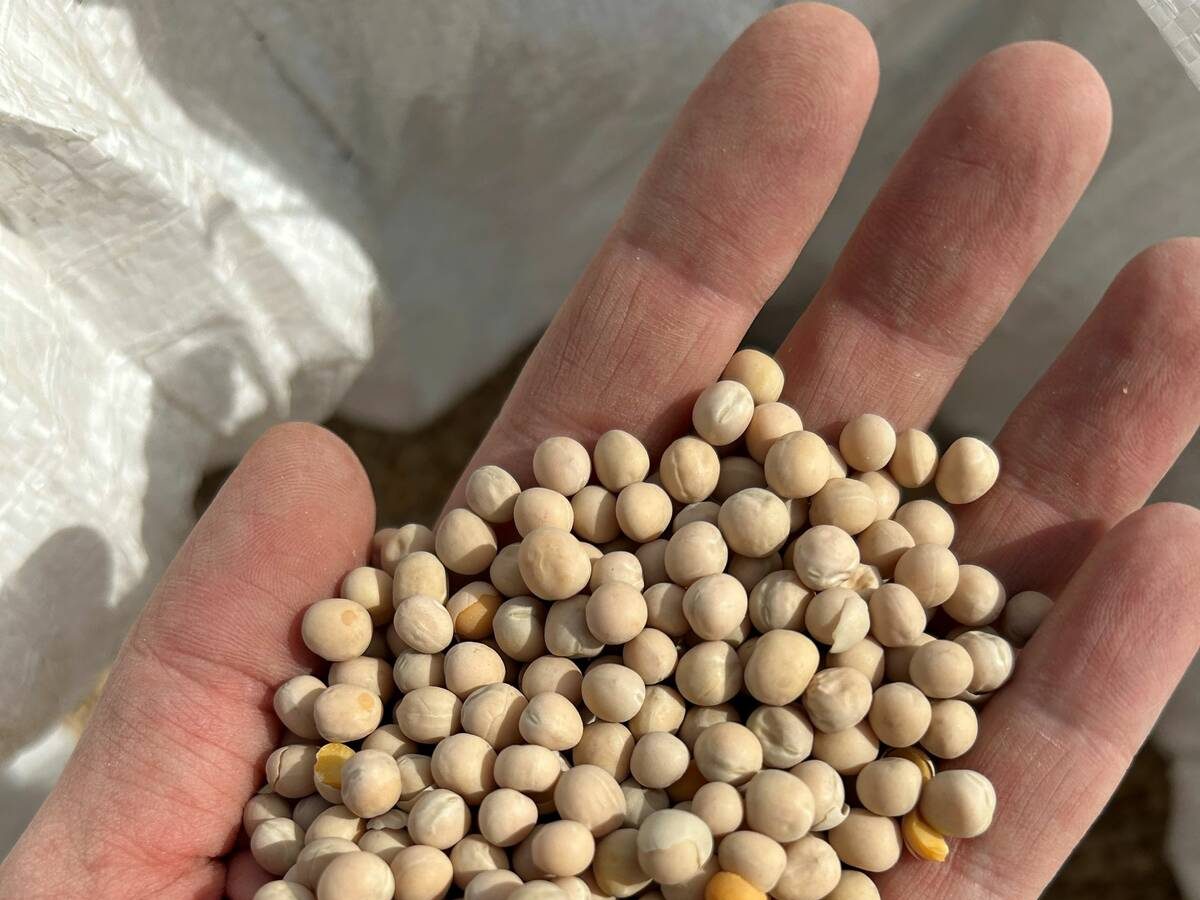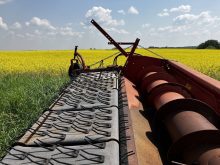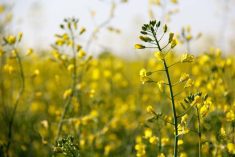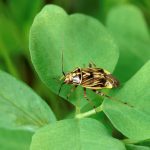Well-known Ontario jam maker E.D. Smith today expects that a provincial Superior Court order will clear the path for the income fund’s friendly takeover by a U.S. food processor.
The order “rectifies” paperwork dealing with transactions relating to the company’s initial public offering (IPO) as an income trust in 2005, to “correctly reflect the intention of the parties to these transactions” and to avoid “unintended” income tax liabilities, the jam maker said this morning.
With this order in hand, E.D. Smith Income Fund expects that the aggregate cash purchase price it will get from U.S. suitor TreeHouse Foods “may be sufficient” to pay its unitholders about $9.15 per unit.
Read Also

Pulse Weekly: Despite dropped tariffs, work remains for Pulse Canada
Pulse Canada was relieved when China announced the removal of 100 per cent tariffs on Canadian yellow peas on Jan. 16, but work still needs to be done in India.
The deal still depends on regulatory approval, as well as approval from E.D. Smith’s unitholders at a special meeting planned for Oct. 11.
E.D. Smith, which formed out of its namesake’s strawberry farm in the Niagara Peninsula 125 years ago this year, makes jams, spreads, pie fillings, syrup, ketchup and salsa for the North American market and is headquartered at Winona, east of Hamilton. Chicago-based TreeHouse Foods makes private-label products for retailers and in-house brands such as Cremora non-dairy creamer and Peter Piper’s pickles.
TreeHouse has said it will pay up to $14 million for E.D. Smith’s “transaction expenses” and some other liabilities, which E.D. Smith said should cover all its expenses and the fund’s liabilities, but the two companies will set up an escrow when the deal closes to make sure any “unforeseen” expenses are paid. E.D. Smith noted, however, that if such unforeseen costs arise, the payout to its unitholders could be reduced.














